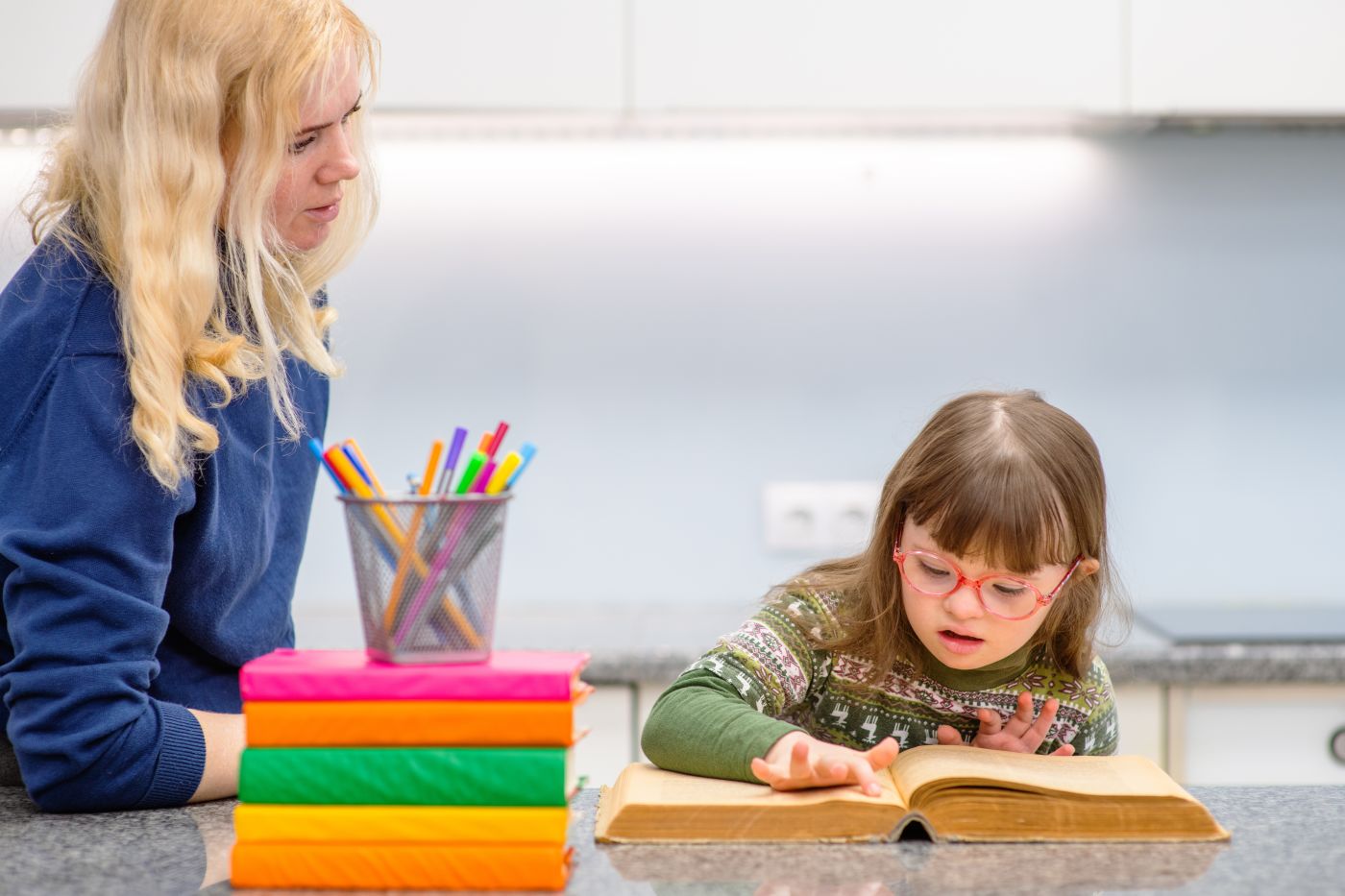Having a child with special needs – whether they’re gifted or challenged (or twice-exceptional with both exceptional abilities and a learning disability that needs to be accommodated) – can be difficult when you’re dealing with a school that is heavily invested in “cookie-cutter” educational models.
The problems can be compounded, however, when your child is a girl. Even though males and females need educational support in roughly even numbers, girls are vastly underrepresented in Special Education programs.
Why Aren’t Girls Getting the Educational Support They Need?
There are a combination of factors that are likely at play, including:
Faulty perceptions: ADHD, autism and other developmental issues manifest differently in girls and boys, but most of the research and training has been done on boys. Educators are better trained to spot learning disabilities in boys, while girls who struggle aren’t identified as having special needs.
Responses only to problematic behavior: The fact that boys with learning disabilities tend to be more disruptive in classrooms than their female peers (whose symptoms may manifest more subtly due to socialization and other factors), perpetuates the “stereotype” of the learning-disabled child. Boys simply get referred for services more by frustrated teachers, while girls with special needs may quietly flounder, unnoticed.
Lack of acceptance: Many researchers believe that girls are put under more pressure than boys to “mask” their symptoms in public. It’s simply less socially acceptable for girls to violate social norms, so they’re pushed to externally conform in ways that boys are not. As long as a female student is not disruptive, she’s free to struggle academically because her “correct” behavior is prized over her ability to learn.
Unfortunately for parents of girls with special educational needs, the systemic biases against their daughters are not likely to dissipate any time soon. That makes it increasingly important to have legal guidance when you’re in a dispute with the school over your daughter’s special needs.


